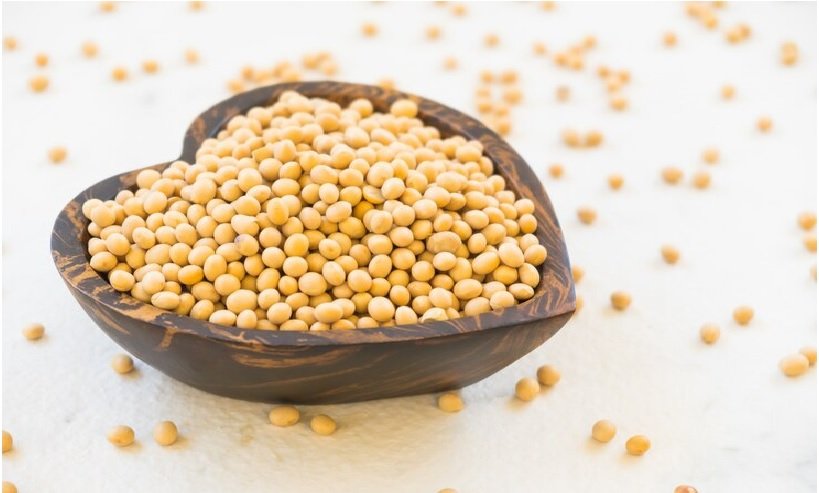Huge Import of Yellow Peas Due to Duty-Free Policy
30-Apr-2025 03:46 PM

New Delhi. In an effort to boost domestic supply and control rising prices of pulses, the Central Government had allowed duty-free import of yellow peas starting December 2023, while also easing several regulatory conditions. This move resulted in a sharp surge in imports, pushing them to near-record levels.
According to data from agri commodity market research firm IGrain India, more than 32.13 lakh tonnes of yellow peas were imported into India between December 2023 and March 2025. During the 2024–25 financial year (April–March) alone, imports surged to over 20.44 lakh tonnes, up from 11.69 lakh tonnes in 2023–24.
Canada and Russia were the top exporters of yellow peas to India, while smaller quantities were also sourced from Turkey, Ukraine, Latvia, Lithuania, and Spain. Currently, the export offer price of yellow peas from Canada for May–June delivery stands at $440 per tonne (inclusive of shipment), while Russian yellow peas are being offered at $400 per tonne for May delivery. The import cost at Indian ports is estimated at Rs 3400–3550 per quintal.
This import boom in yellow peas coincided with increased imports of Desi gram (Chana), tuvar (pigeon pea), and urad (black gram). However, the import of lentils (masoor) saw a relatively modest rise.
During 2024–25, India's total pulse import bill soared to an all-time high of $5.47 billion, representing a 46% increase over the $3.74 billion spent in 2023–24. The volume of imports also surged by 52%, rising from 44.03 lakh tonnes to 67.05 lakh tonnes.
In response to the oversupply and price pressures, the Central Government has since imposed 11% import duties on Desi Chana and Masoor, while the duty-free import period for Tuvar and Urad has been extended until March 31, 2026. The duty-free window for yellow peas, however, is set to end on May 31, 2025.
The Indian pulses industry is now calling on the government to impose at least 50% import duty on yellow peas starting June 1, 2025, to ensure their landed cost aligns with the Minimum Support Price (MSP) of gram, and to protect domestic farmers from falling market prices.
